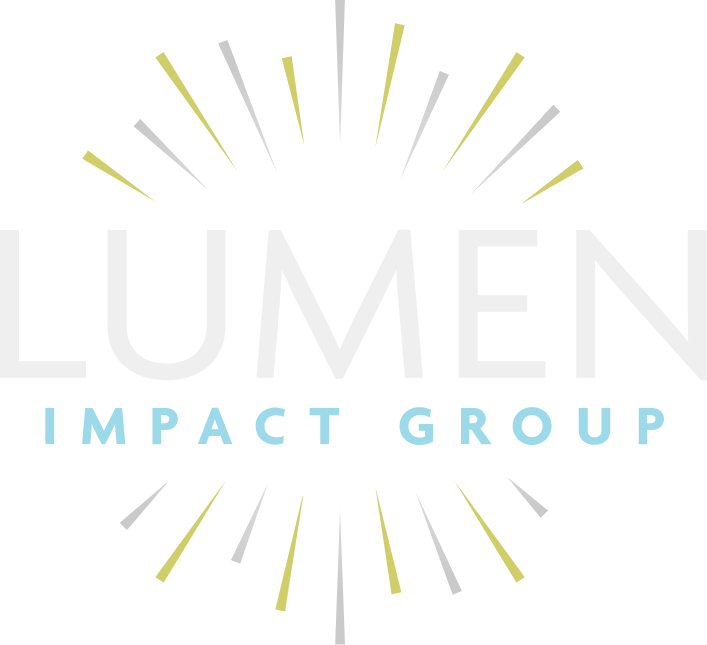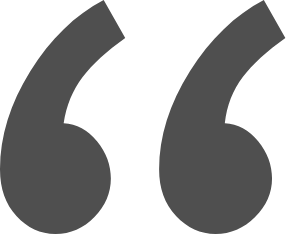Commitment over Loyalty (And Why We Think There’s A Difference)

By: Stephanie VanDyk
It is impossible to make an impact without commitment. And yet, our culture seems to have a bit of an aversion to the idea of commitment. This is likely because of its similarity to the concept of loyalty, which is often associated with words like “blind” or “false.”
Decades ago, it was more common to get a job at 22, and stay with the company until retirement. The idea was, “if you start something, you must finish it.” The rigidity in this way of thinking may have caused those seeking a job in the 21st century to fear feeling stuck.
Today, a young professional is much more likely to jump from company to company, even industry to industry. When a job no longer is fulfilling, they may find a new position somewhere else to reach that fulfillment they are seeking.
To clarify, both of these philosophies have benefits and drawbacks. However, I want to offer a new perspective rather than an all-or-nothing mindset.
Instead of thinking of commitment as blind loyalty, what would it look like to be intentional about committing to our work both as employees of an organization and as providers to clients? To play in the space in between never making a change or saying no and always looking for the next shiny thing or greener grass? That in between space is what we define as Commitment as Lumen Impact Group.
Why It’s Commitment, not Loyalty, That Made Our List.
Commitment is our second organizational value at Lumen Impact Group. We believe in always giving clients our best to ensure that they walk away from an experience with us feeling that they’ve won the lotto. We deliver this kind of commitment without significant sacrifice to our personal lives or over-committing to clients.
Committing to the best work for our clients doesn’t always mean giving more on top of more. But it does mean acting in a way that creates the most value.
Let’s walk through some of the key differences that we see between loyalty and commitment, and why commitment is what you should be seeking in your personal and organizational development.
Loyalty feels like a demand. We see Commitment as a choice.
When I think of loyalty, I imagine something forced upon someone. A company requires brand loyalty of its employees, or a middle school girl who mandates that only she can be your daughter’s “bff.” Things that come with some sort of ultimatum come to mind. “This is my loyalty demand, or else . . . “
The thing about commitment, in stark contrast, is that it is a choice. And honestly, this can be much harder work than loyalty demanded of you. Why? Because you need to know yourself in order to know what to commit to, both personally and at an organizational level.
Intentionality when choosing commitments is key. Getting to a point where you can walk into commitments without blinders can make all the difference in the outcome and impact of that work.
As an organization, you have to ask; Is engagement in this venture or relationship coming from a place of self-efficacy for our organization and knowing who we really are? Where we want to make impact? Or is it out of obligation, fear, or some other manifestation of identity struggle? The same questions ring true when personal commitments are at stake.
By constantly evaluating your organization’s current position, needs, boundaries, and goals, you decide whether or not your commitment makes sense for you. And these things change! Leading us to our second point.
Loyalty feels draining. Commitment should fuel you.
At a company retreat last year, we asked ourselves: “what kind of work do we want to do?” By asking this seemingly simple question, we learned so much about ourselves. We learned what work fuels us, and what work drains us. That doesn’t mean that everything we do is going to be soul filling at every level, but it does mean that we can be intentional about finding and committing to more of the fueling kind than the draining kind so that there’s always some “gas left in the tank.”
We want to be in a place where we can take on and commit to every job that aligns with our values and boundaries. Do not miss that last part of that sentence— Every job that aligns with our values and boundaries. We cannot take on every client. We cannot say yes and be everything to everyone. But we do want to commit to the work that is most “us.” This goes back to the hard work of knowing yourself and your organization.
At the end of the day, we are going to receive those 9pm phone calls. Our clients might be walking through some messy situations. Although maybe not ideal for your evening plans, that kind of call is much easier to answer when it is work that you are aligned with personally and professionally.
While you build your commitment capacity, there is a level of resilience that you’re going to need to get through some of the draining work. Don’t forget to use our tools to help you through those moments.
Loyalty neglects boundaries. Commitment is full of boundaries.
If you are not grounded in your boundaries, honest and thoughtful commitment is nearly impossible.
The way we think of commitment means that while there are times that we’re going beyond normal work hours to help a client or colleague, it is done in a way that breeds commitment, not resentment. Loyalty has a tendency to do the opposite.
Resentment comes when boundaries are pushed again and again without regard. But, commitment comes with the expectation of boundaries; knowing where firm lines are, and where they are not, and having open and honest conversations when those boundaries are pushed.
When we say that we are committed to our clients, we do not just mean in getting the work done (although that is the intended outcome of all engagements). Moreso, we are also committed to the relationship that we’re building with them that will create impact long after our work. Having boundaries is key to those relationships being successful.
The heart of Lumen Impact Group’s corporate value is our commitment to our clients and work. We decided that we value meeting people and organizations where they are at. We want to walk alongside organizations looking to make the same kind of impact that we are– organizations hungry for the opportunity to make a long-lasting impact.
What’s Next?
I want to leave you with a couple of questions as you start to think about commitment in your own organization. Take a few minutes today and ask yourself:
- When was the last time we took a moment as a team to evaluate:
- What work is fueling us?
- What work is draining us?
- Is there enough fuel left at the end of day for everyone to get back at it the next day with a positive outlook?
- Do we need to talk about a change to our commitments?
- How are you ensuring that you’re building a team committed to your organization and the work you do? How can you hire with that in mind?
The biggest difference between loyalty and commitment? Connection. Connecting to yourself, your colleagues, and your company can allow you to make commitments that lead to great impact.


